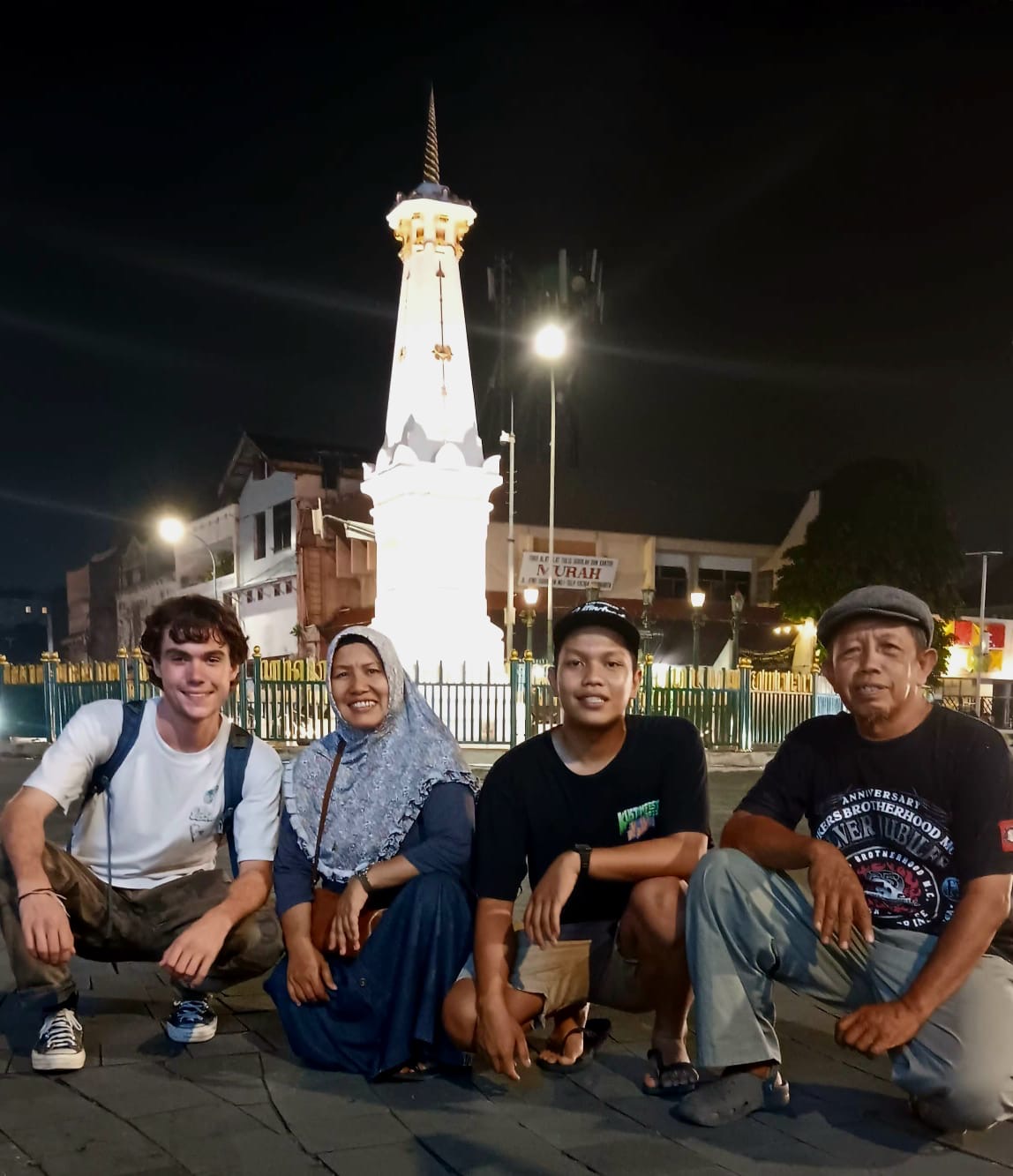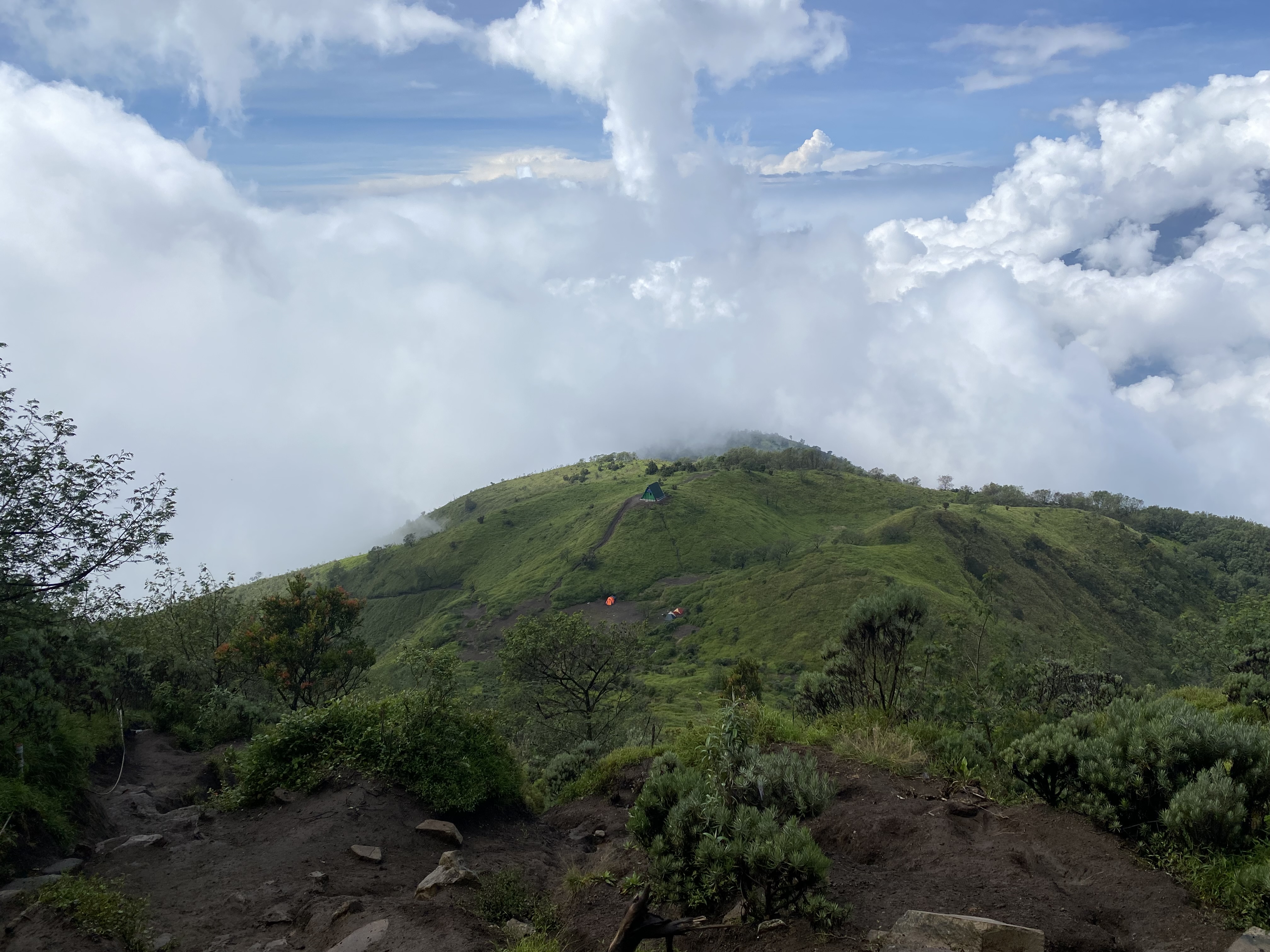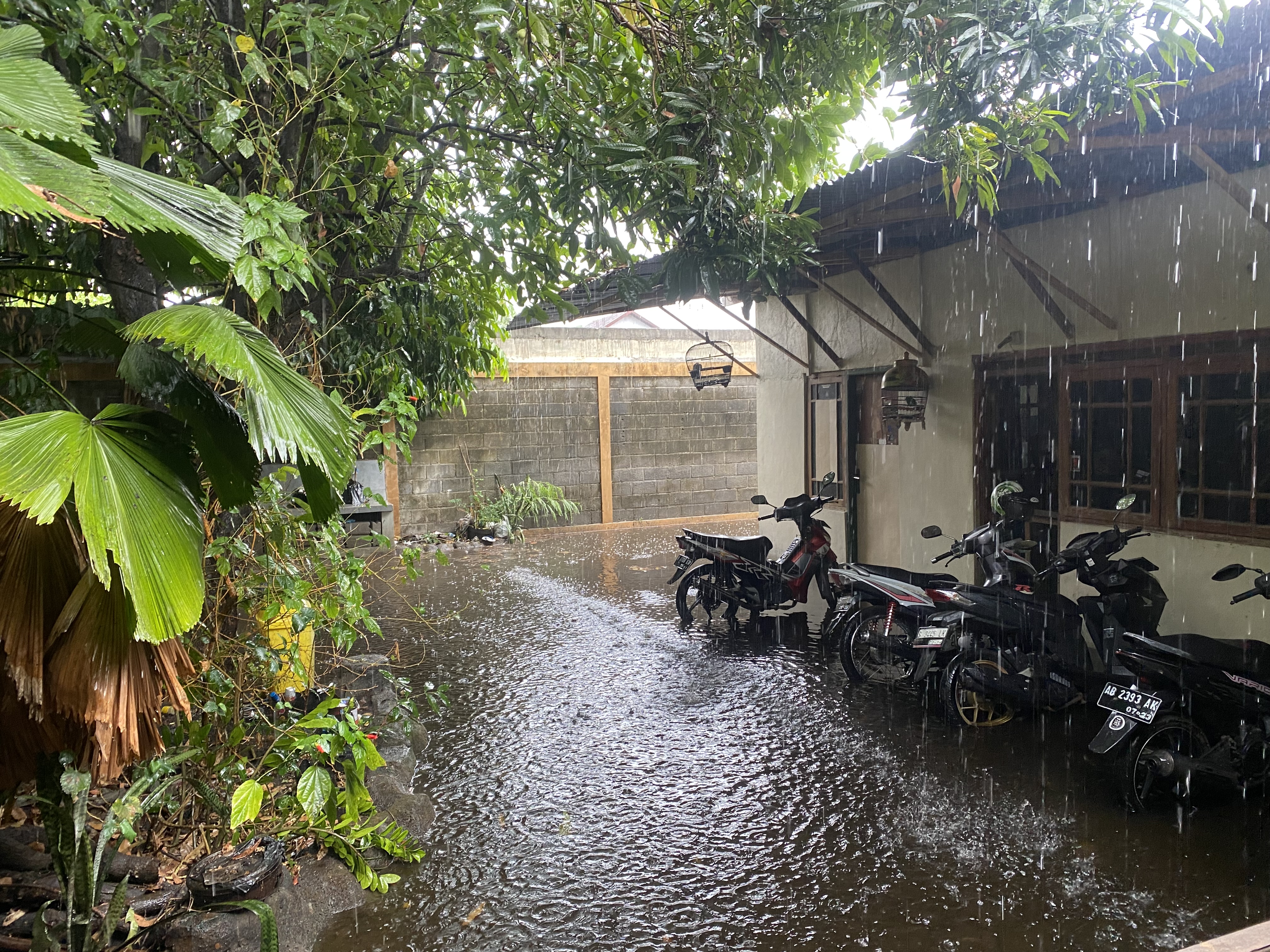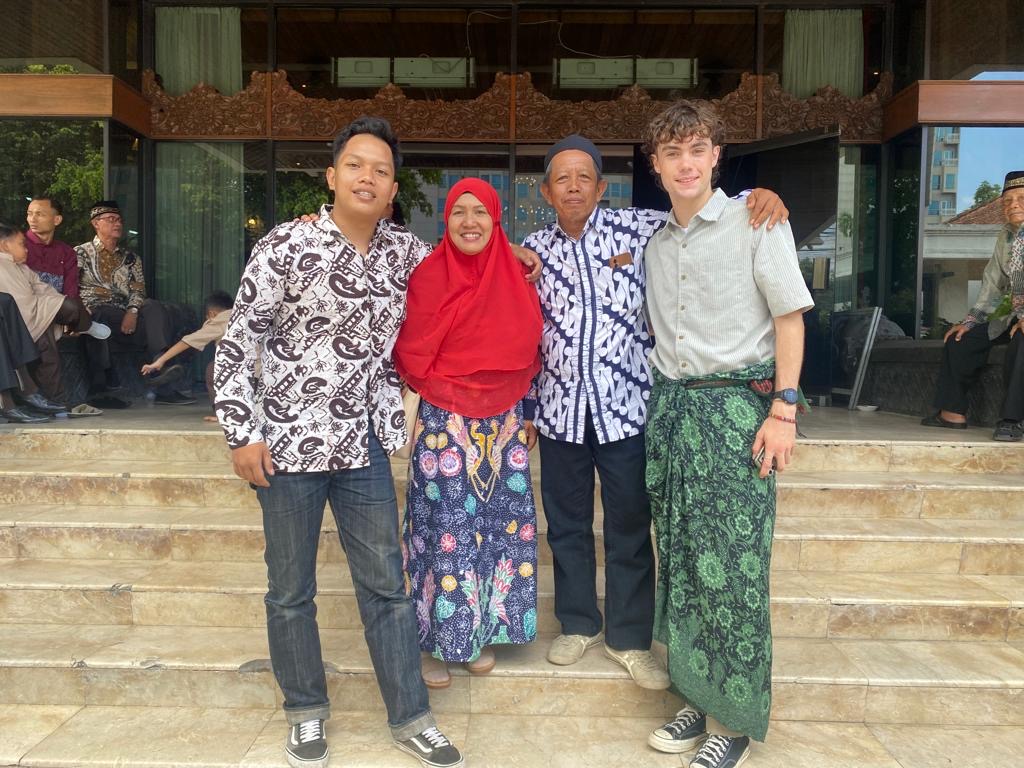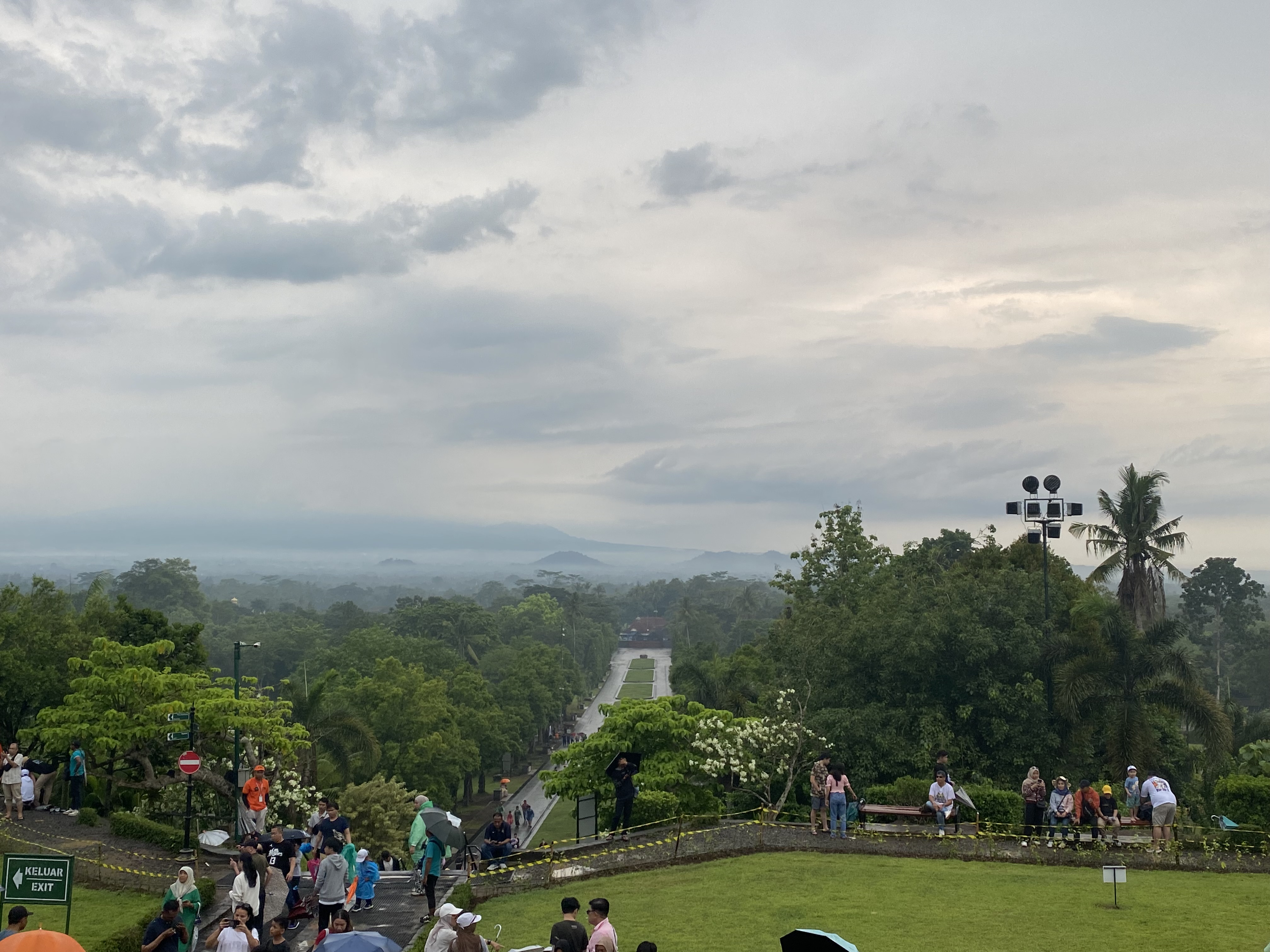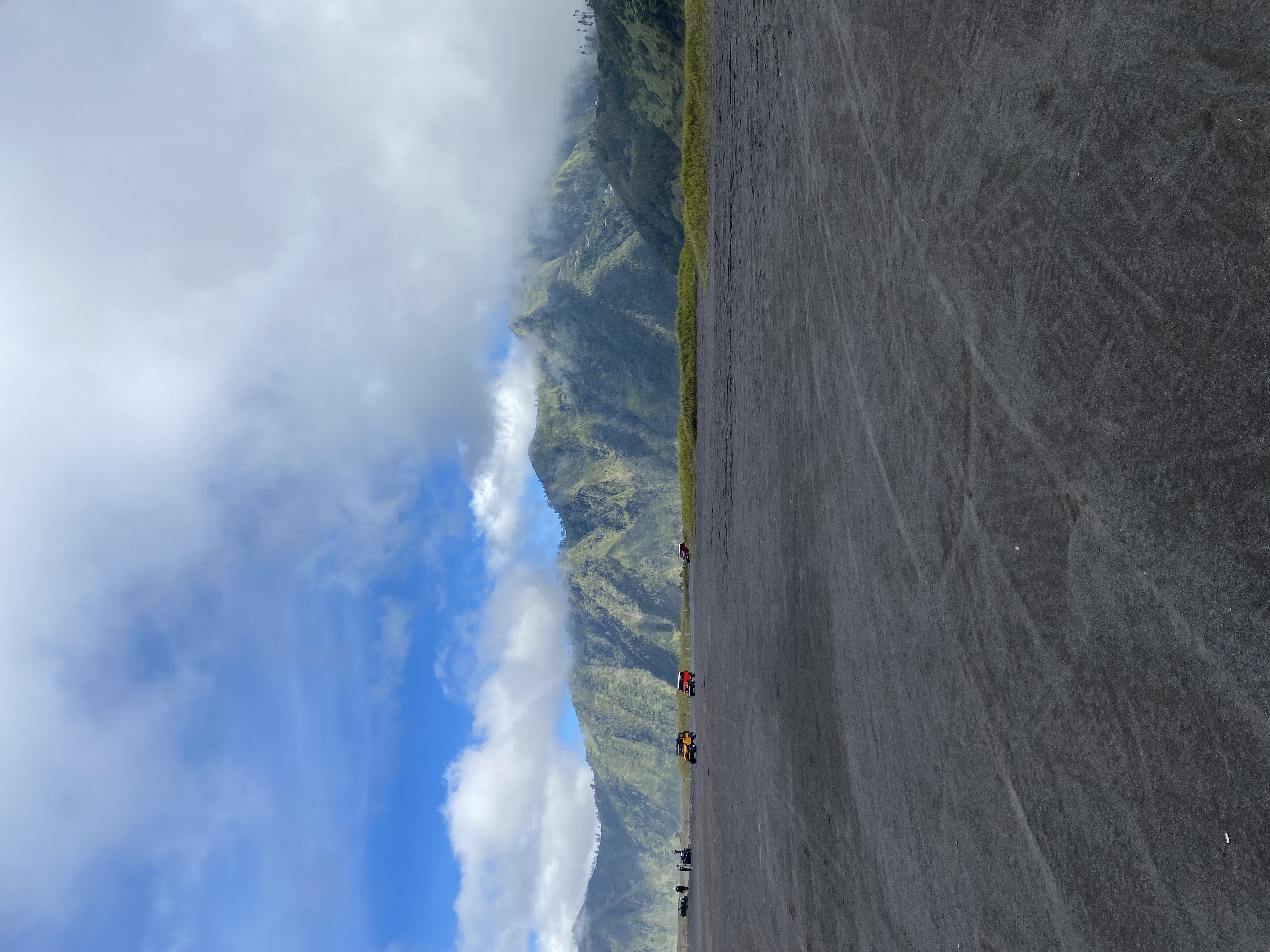I often struggle to merge the person I am today with the high school graduate who boarded a flight away from the only home he knew almost two years ago. My daily journal is sometimes our only means of connection, reminding me of the fears, questions, and wonder that raced through my head as life abroad provided a ceaseless source of newness. But the struggle that appears most of all throughout my hundreds of journal entries is the gradual realization that I—for once in my life—was not the main character of my experience.
Bridge Year was never easy, nor did I want it to be. I departed with a thirst for discomfort, with the belief that my experiences would spit me out as more resilient, with a range of tools that would support me throughout my academic and professional career. While I can confidently say this is a reality, and one of the things I value most about my decision to take a gap year, it wasn’t until the end of my nine months that I realized the true origin of discomfort.
When I first told friends and family about my bizarre plans for the upcoming academic year, I heard time and time again about what I like to call the “lifestyle discomfort” of Indonesia. These are discomforts that may scare a tourist on a week-long trip when they stray from the security of their resort. People who had recently vacationed in Bali or knew anything remotely related to Southeast Asia warned me of squat toilets, bizarre foods, intense heat and humidity, and an array of unfamiliar animals. Admittedly, these were some of my greatest fears as I arrived, and they were valid for the first few weeks as I struggled to fight off jet lag and get my feet under me.
However, I quickly learned the ease of falling into routine. Squat toilets and bidets made me question why I had ever used toilet paper. I mirrored my homestay family and coworkers in the many ways they avoided the intense midday sun. I even made friends with a Tokay gecko that occasionally inhabited my bedroom. But with the comfort of routine came a disturbing realization: life in Indonesia flowed past me, out of reach. I lacked the vocabulary to express my most basic thoughts. At the nonprofit organization for my community placement, I could not understand what was being discussed, and even if I did, I had no understanding of the world around me to contribute. Even at home, I sat silently in my homestay parent’s restaurant, our conversations limited to “good morning”, “goodnight”, and “what can I eat?”
Contrary to the journey of self-improvement I had once imagined, I remained decentered from my own experiences for much of the nine months. As I observed with few words, I was constantly humbled by my environment’s ability to show me importance beyond myself. I learned to replace my shame of incompetence with an appreciation for my community’s patience and passion in opening their lives to me.
If only I could go back to that high school graduate before his departure, I would say simply “You are the least important part of the next nine months. If you trust the experience to reveal itself, it will.”
